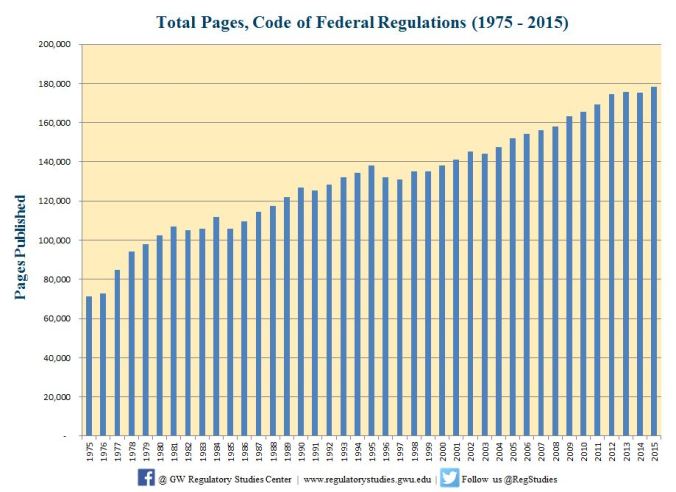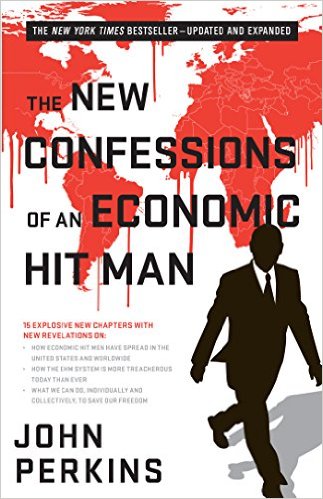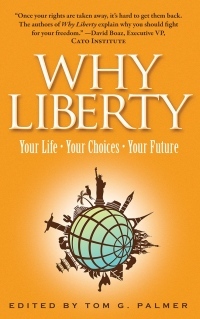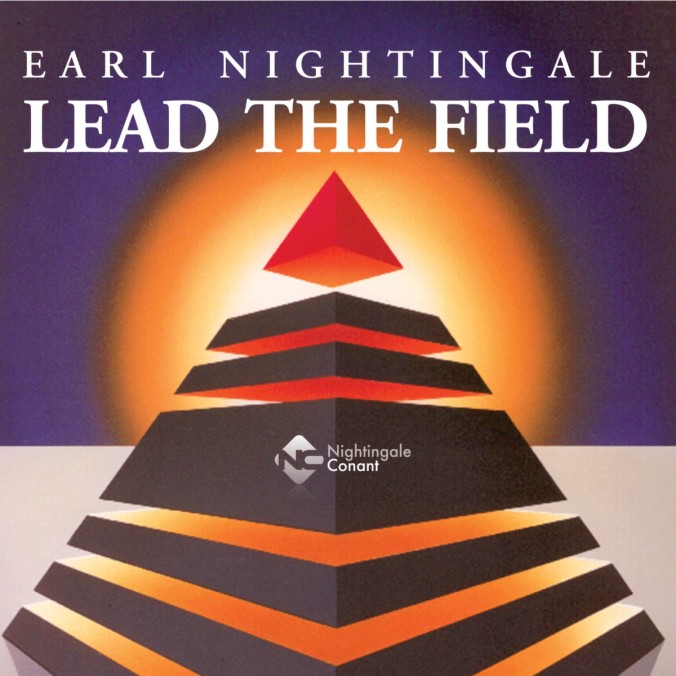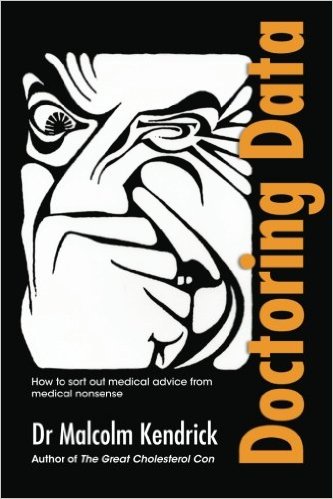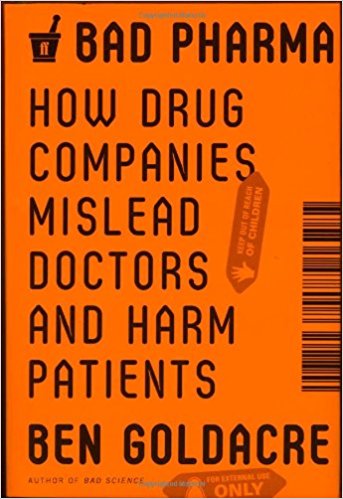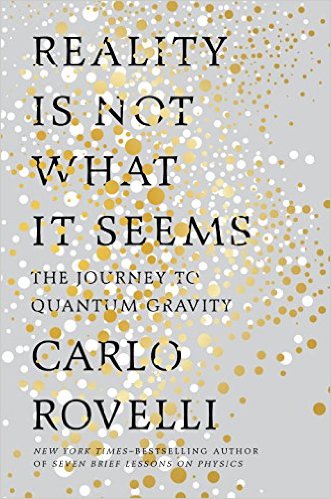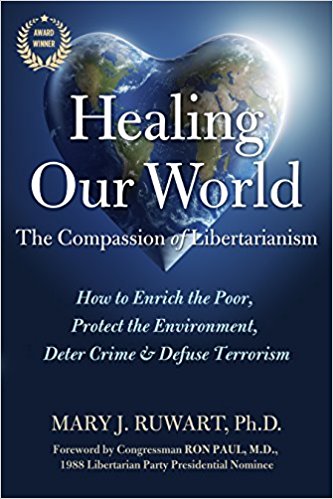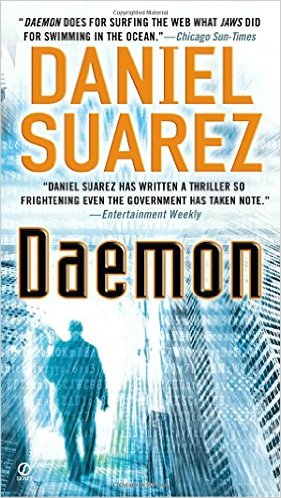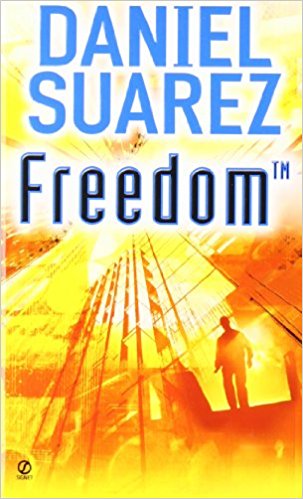I don’t follow current events that much anymore. Especially now, in 2017, when everything seems designed to provoke a sense of outrage (the circus in bread and circuses), and yet, most of these issues, although not unimportant, are really fleeting issues or are not really the big issues in the grand scheme of things.
So what are the big issues? This is what I wish our media reported on. And what I wish our protestors focused on.
The Drug War
- This is one of the most immoral and evil things going on. It targets the most disadvantaged, disproportionately jailing blacks and other minorities.
- It drives up the cost of drugs, making drug dealing more lucrative. For inner city kids, it seems like an easy way out of poverty.
- It contributes to the militarization of the police, with SWAT raids, doors battered down in the middle of the night, flash grenades, dogs shot on sight. This is not how a republic treats its citizens its suspects of nonviolent crimes. Even the mayors of some towns have had their doors battered down and their dogs shot in front of the children.
- Militaristic behavior drives a wedge between local communities and the police.
- Like Prohibition of alcohol practically created the organized crime syndicates, the drug war has created the drug cartels with their horrific violence.
- It has cost tens of billions of dollars each year, for decades, with essentially no change in the rate of drug usage. The money is completely wasted (unless you count destroying the lives of minority kids as a benefit of the system). Not to mention the cost of the prisons, and the opportunity costs of the money itself as well as the wasted lives.
- The US government’s insistence on military action has destroyed entire countries in Latin and South America.
- In order to make room for (non violent) drug offenders, violent offenders have been paroled.
- The whole system seems set up to destroy the lives of poor people, funnel money from the taxpayer to organized crime, and to cow the populace with violence. This whole thing simply needs to stop.
- The drug war is catalyzing atrocious infringments of our basic civil liberties. See, for example, these podcasts, here and here.
The War on Terror
Trying to end terrorism by killing all the terrorists is like trying to end crime by killing all the criminals. An eternal war, where we continuously kill people that we even suspect might be terrorists, is immoral and counter-productive (as one Yemeni citizen recently remarked in Time magazine, “If you don’t want so many refugees, stop creating them.”). President Obama dropped bombs on someone in the Middle East on every single day of his 8-year administration. President Trump seems determined to up that game.
So here’s a question that I have often asked myself, but I’ve never heard anyone else ask it. Certainly I never saw a big debate in the media on this question. The question is, how many people must die to make us safe? We bomb and bomb, and kill innocents (we call it “collateral damage”, and we don’t count them, and we don’t apologize). All in the name of preventing attacks here, or even “economic disruption” (code for oil supply disruption). And yet we never ask, how many people is it ok to kill to make sure we are safe? 9/11 killed 3000. All the wars we’ve instigated in the Middle East since 2003 have killed millions. Are we even yet? Is it ok to kill 1000 innocent people to prevent an attack in the US? A million? How many of “their” lives are worth one of “ours”? Is it unlimited? Are we justified in killing as many people as we feel necessary to protect ourselves?
The Bush Doctrine goes something like this. The US is a sovereign nation, and as such has a right to protect itself from attack. In order to do that, we can go anywhere in the world if we find groups that threaten us. If there are people in Mosul that hate or threaten us, we can go bomb there. Iraq has no recourse against that action. This is basically what Bush put forth, and Obama reaffirmed and intensified. This is all commonly accepted and is official policy now.
But let’s change a few words around in that statement. China is a sovereign nation, and as such has a right to protect itself from attack. In order to do that, they can go anywhere in the world if they find groups that threaten them. If there are people in Atlanta that hate or threaten them, they can go bomb there. The US has no recourse against that action.
Ok, so how does that feel? Still in agreement? In fact, substitute any two countries in that phrase. If everyone in the world took this as their official policy, we would live in an incredibly violent place. So why is the US singled out with this right? Is it simply a case of Might Makes Right? We can, therefore we do? Or are American lives really more valuable than people in other countries? Should we have an “exchange rate” for how many lives they are worth? If we think a terrorist group exists that might kill 5000 Americans, we are allowed to kill 2,000,000 Iraqis, 4,000,000 Syrians, or 5312 Canadians in order to prevent the attack?
Another thing I wished the media had the guts to do is show the result of this war. If we bomb someone every day, then we should see film of the people we bombed, every day. Don’t tell me that it would make people “feel bad”. You think the parents whose child we just killed don’t feel bad? If we don’t have the guts to look at the results of our actions, we are contemptable.
All of this despite the fact that every intervention in the Middle East has been pretty much a complete disaster. Every country we’ve bombed to “make safe for democracy” is now destabilized, full of terrorists, the economy collapsed, and the ordinary people are suffering. With a record like that, you might be forgiven for daring to think that we should pursue, perhaps, a different path. Yet the people who promote these failed policies keep getting re-appointed. After all, they are experts!
The Surveillance State
Snowden showed us that the goverment was collecting all kinds of data on American citizens – this, of course, after the intelligence chiefs went before Congress and swore they don’t collect data on Americas (This was a bald-face, through-the-teeth, spit-in-your-face lie to Congress. Why are these people not in jail? If I deliberately lied to Congress, I doubt that I’d get a high-level Cabinet job like these jokers). Recent Wikileaks documents on “Vault 7” show that the CIA can use our computers and cell phones to spy on us (remember in the movie The Avengers when Agent Coulson said “anything in the world with a camera becomes eyes and ears for us”? It turns out to be true). Besides the moral argument, and the Constitutional argument against illegal search and seizure, this is simply too dangerous a practice. Lord Acton taught us the power corrupts. Having secretive, unaccountable agencies with nearly omnipotent power is simply a recipe for pure corruption. We cannot depend on the “civic-mindedness” of the intelligence community to protect us. The surveillance state must be arrested and reversed. Very soon (maybe already) it will become so powerful that it is uncontrollable. Just recently, they got some senior politicians fired by selectively and illegally leaking classified intelligence. They can do that to anyone if they collect everything we say and do. That means the intelligence apparatus controls every politician, every businessman, every public figure of any kind. This is insane.
In the last couple days of his final term, Obama issued an executive order that significantly expanded the surviellance state by allowing domestic agencies to share even more raw data, significantly expanding the surveillance state. Where was the media?
The Debt and Financial Excesses
Over these past decades, the Fed has cushioning downturns by preventing excesses from being rung out of the system, and blowing ever bigger bubbles. Sort of how a lot of our national forests were damaged by preventing periodic wildfires. However, now our official public debt is approaching $20 trillion, and add to that entitlements, household debt, student loan debt…we are way up over our head in debt and other financial excesses. And not just us, Europe is arguably in worse shape. And demographics are not on our side, the population is aging and about to claim far more medical benefits and other entitlements. We have little time to act, and little ammunition left. Our fiscal state is parlous, but the media seems to have signed on to the Keynesian goverment position that debt is fine and nothing bad will happen. This, as pension funds are starting to fail across the United States. People who worked their whole lives, planning on living on their pension after retirement, are now having their wealth confiscated to pay for the excesses of the past. As they say, the piper always gets paid.
Dodd-Frank was passed to eliminate the problem of “too big to fail” banks. Predictably, in the aftermath of Dodd-Frank, the big banks have gotten even bigger. I guess you can now call them “way too big to fail.” So when the next crisis comes, it’s completely guaranteed that your money will again be used to bail out Wall Street bankers.
Growth of Executive Power
Since 9/11, and especially under Obama, the Executive branch has claimed for itself extraordinary powers. We are all familiar with the rash of executive orders, the wars unauthorized by Congress (Obama dropped bombs every single day of his two terms, the only US President to do so), and the President’s “Kill List”, whereby the President grants himself the authority to kill anyone, anywhere in the world, with no trial, and no oversight. Extraordinary.
Beyond this, there is just the growth of the Federal government in general. Here’s a graph of the number of pages in the Federal Register.
If you want to see more data, you can go to this website. There was a book written in 2011 called Three Felonies a Day that claims that just by going about your daily business, the average citizen unwittingly commits three felonies a day. By now (2017), the problem is larger.
The lawbooks now are so huge and complex that no human being can understand them. The Obamacare act alone is 8 times larger than the Bible! Under these conditions, it’s a given that the rules are contradictory and inconsistent. I heard a story of an accountant that had a tricky tax question. He called the IRS 6 times, got 6 different advisors, and 6 different recommendations. The end result is that no matter how he does the taxes, he can be fined on an audit. It’s a lose-lose. The same thing with the Federal code – when there are so many laws, there is no way to conduct your life to be safe from a felony charge. If you piss them off, they can pick you up and lock you away, legally. There is no way to prevent it.
My question here is, how long can this continue? Can the number of laws double again? And again? How can anyone live under such a regime? Soon, if you want to start a startup company, you can hire one engineer, one designer, and 7 compliance people. I can just feel the innovation bursting out!
James Madison was clear on the effects of too many, or too quickly changing, laws:
The internal effects of a mutable policy are still more calamitous. It poisons the blessing of liberty itself. It will be of little avail to the people, that the laws are made by men of their own free choice, if the laws be so voluminous that they cannot be read, or so incoherent that they cannot be understood: if they be repealed or revised before they are promulgated, or undergo such incessant changes, that no man who knows what the law is to-day, can guess what it will be to-morrow. Law is defined to be a rule of action; but how can that be a rule, which is little known, and less fixed?
Another effect of public instability is the unreasonable advantage it gives to the sagacious, the enterprising, and the moneyed few, over the industrious and uninformed mass of the people. Every new regulation concerning commerce or revenue, or in any manner affecting the value of the different species of property, presents a new harvest to those who watch the change, and can trace its consequences; a harvest, reared not by themselves, but by the toils and cares of the great body of their fellow-citizens. This is a state of things in which it may be said with some truth that the laws are made for the few, not for the many. – James Madison
A lot of people don’t like Trump. They bemoan that he has so much power to mess with our lives. But as soon as “their guy” gets in, you can bet that they will agitate for yet more executive power. When the next person you don’t like takes office, they will have even more power to mess things up. They say when things can’t go on forever, they will end. Where does this end?
Fukushima
Radiation issuing from the damaged Fukushima reactor is still immense. Now they say it will take 40-50 years to invent the technology that will allow us to contain Fukushima. Umm, so, “unimaginable” amounts of radiation will pour unfettered into the Pacific Ocean for the next half-century? Does this strike anyone as a “big issue”?
Summary
If you think these are the big issues, you might agree with Ron Paul that there’s not much difference between Democrats and Republicans. Depending on who’s in power, will the Drug War end? Will we stop killing people in the Middle East? Will we restrain spending? Roll back the growth of government (well, maybe Trump will do something here)? Roll back the surveillance state? Ha! Good luck with that one.
So while the media titters on with “current events” (what I call The Outrage of the Day), these huge stories are barely covered or even acknowledged. This is why I don’t consider the mainstream media, with its “if it bleeds, it leads” attitude, to be very important in today’s issues.
